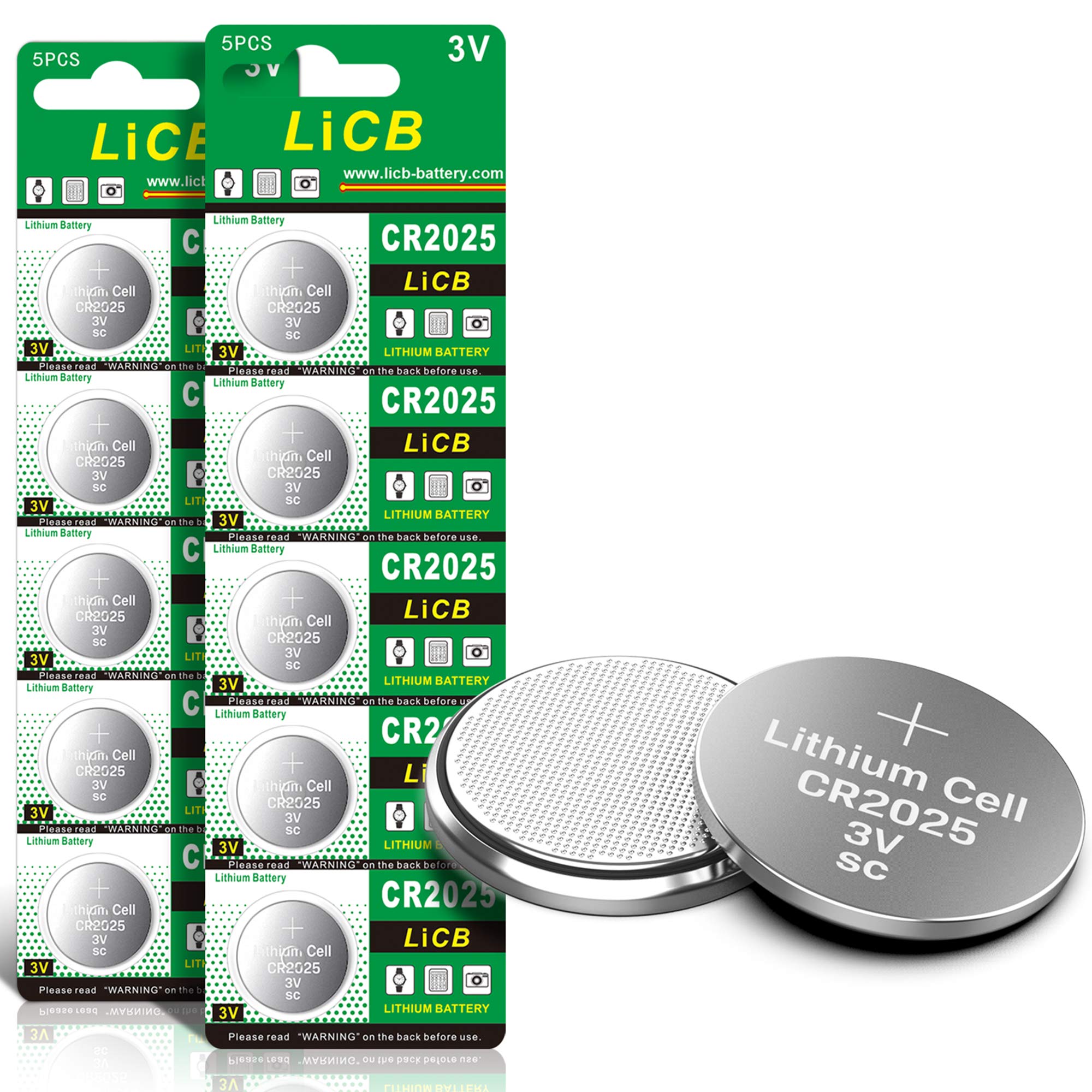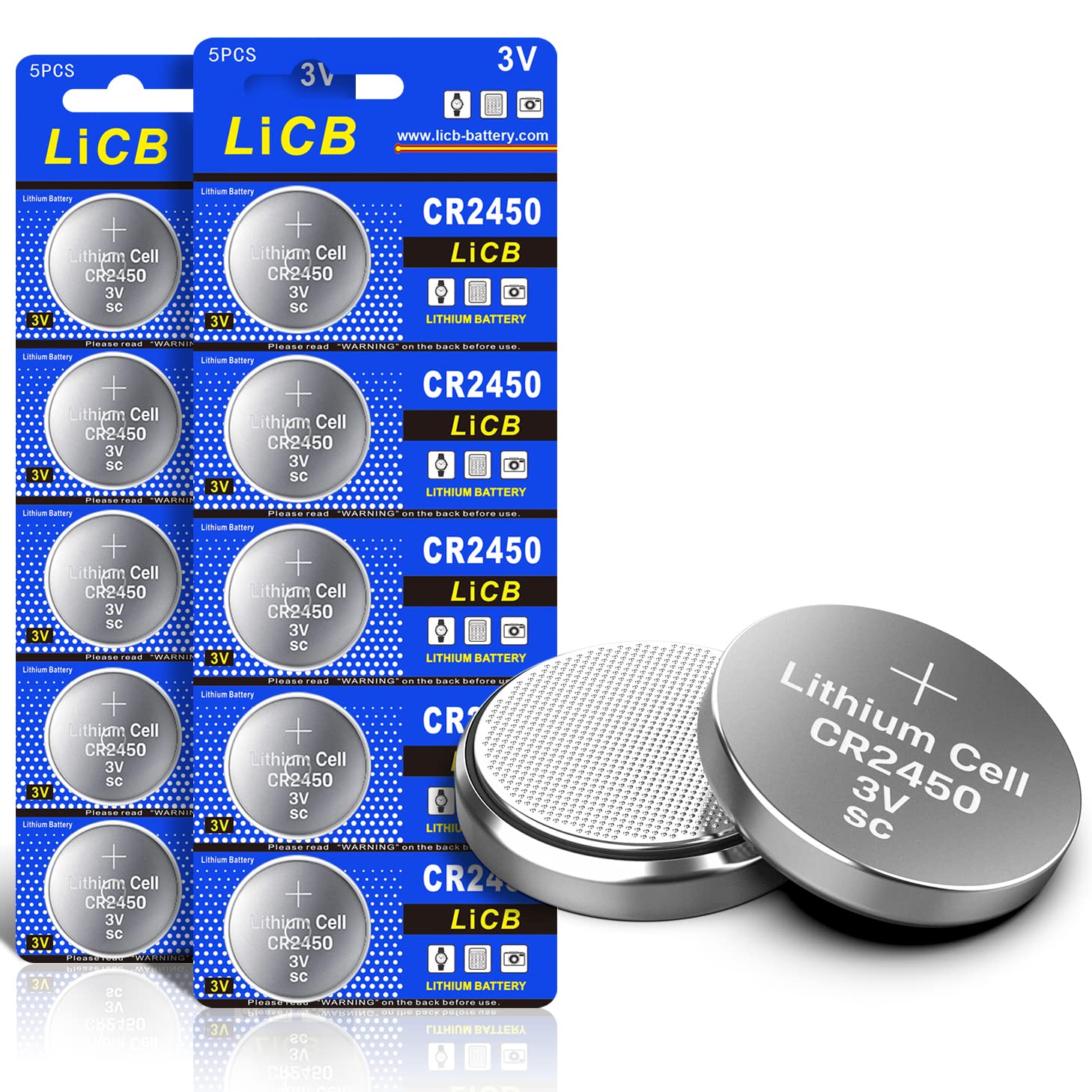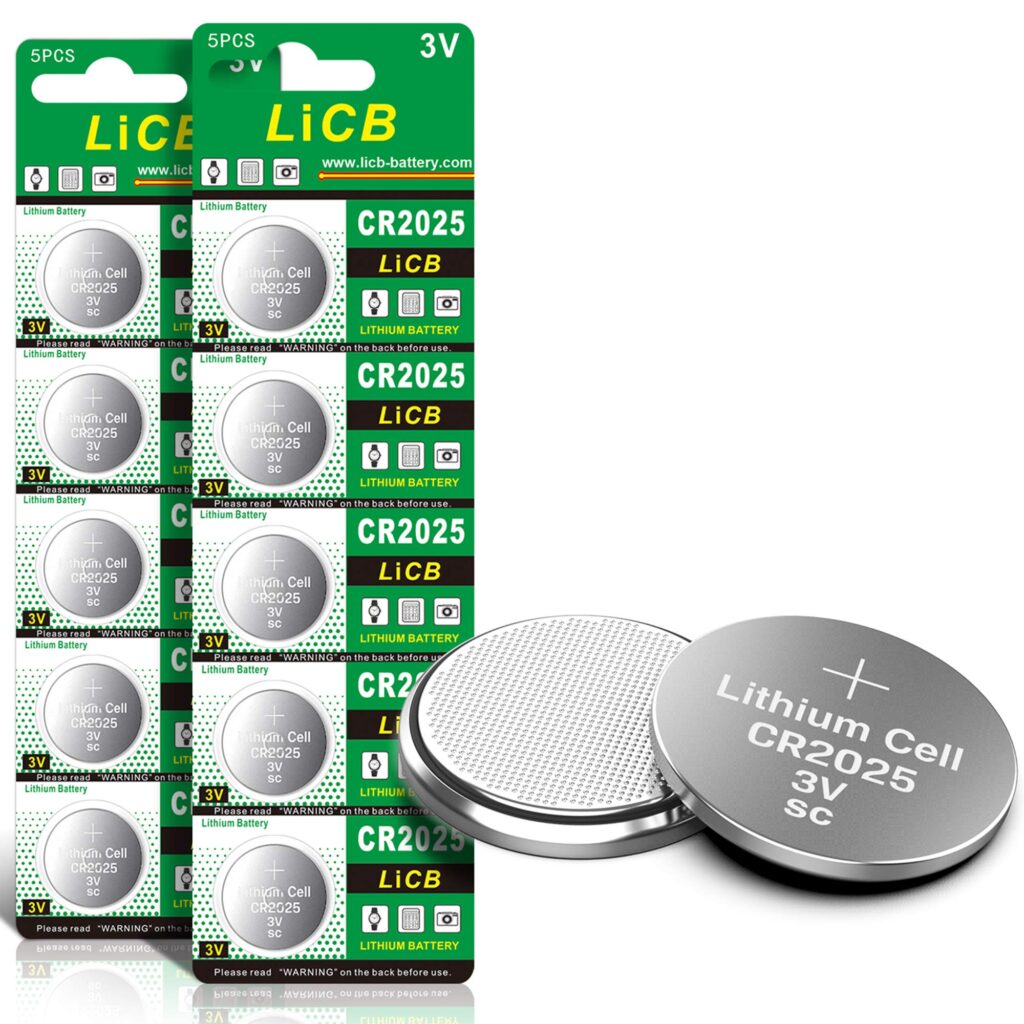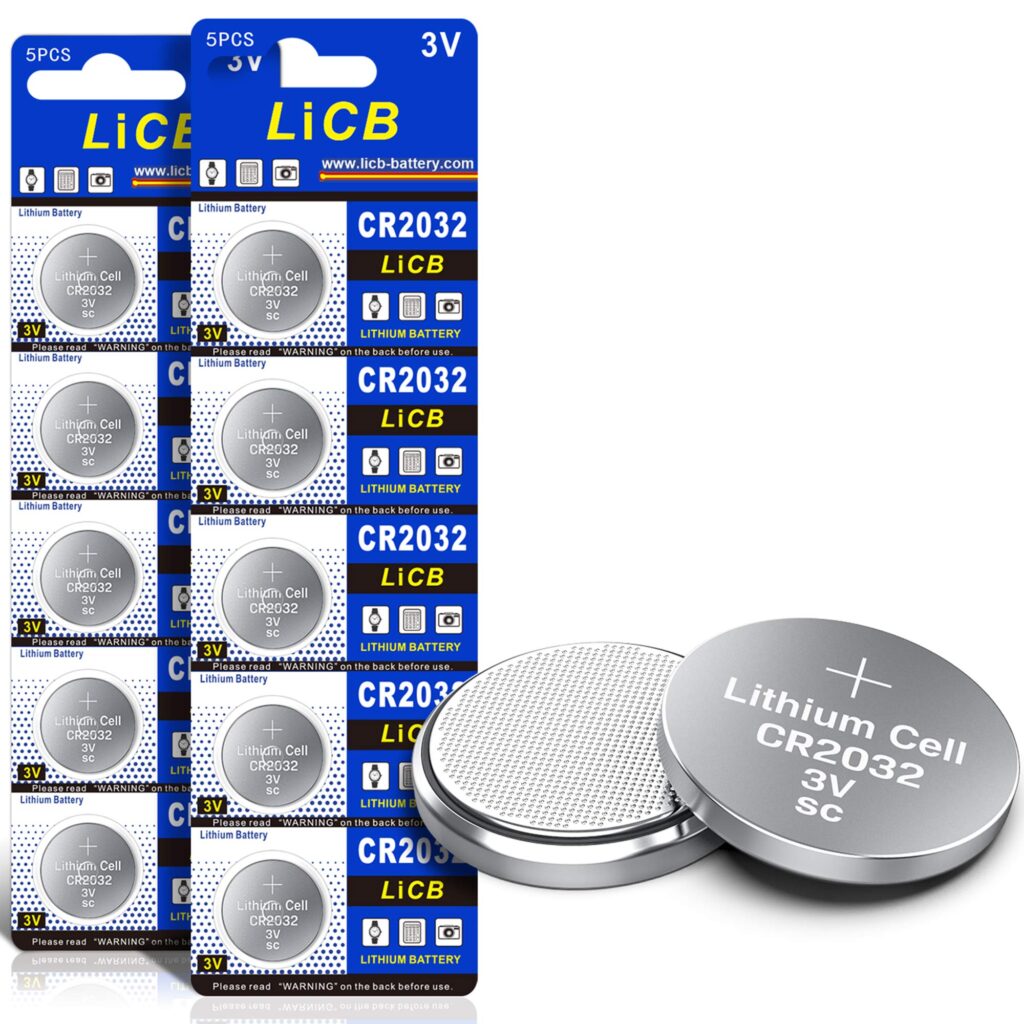In the realm of small electronic devices, coin cell batteries play a crucial role in powering a variety of gadgets. Among the most commonly used coin cells are the CR2025 and the CR2450. These lithium batteries are employed in devices such as watches, calculators, key fobs, and medical devices due to their compact size and reliable performance. Understanding the differences between these two battery types can help consumers make informed decisions based on their specific needs.
The CR2025 and CR2450 are both part of the CR series, indicating that they are lithium manganese dioxide batteries, which offer a nominal voltage of 3 volts. Despite sharing this similarity, they differ significantly in size, capacity, and intended applications. This article provides a detailed analysis of these batteries, exploring their specifications, differences, and user experiences to guide potential buyers in selecting the most suitable option for their devices.
Detailed Comparison Table
| Feature | CR2025 | CR2450 |
|---|---|---|
| Image |  |
 |
| Diameter | 20 mm | 24.5 mm |
| Height | 2.5 mm | 5.0 mm |
| Capacity | 150-170 mAh | 500-600 mAh |
| Voltage | 3 volts | 3 volts |
| Weight | ~2.5 grams | ~6.9 grams |
| Typical Uses | Watches, calculators, small toys | Remote controls, medical devices, larger toys |
Informative Explanation of Features and Specifications of Both Products
CR2025
The CR2025 is a widely used coin cell battery that measures 20 mm in diameter and 2.5 mm in height, making it relatively slim and ideal for compact electronic devices. With a capacity ranging from 150 to 170 milliampere-hours (mAh), it is suitable for low-drain applications such as wristwatches, small calculators, and some small toys. The CR2025 is known for its lightweight, approximately 2.5 grams, which complements its use in devices where minimal weight is advantageous.
CR2450
The CR2450, on the other hand, is larger in both diameter (24.5 mm) and height (5.0 mm) compared to the CR2025. This increase in size translates into a higher capacity, typically between 500 and 600 mAh, allowing it to support devices with higher energy demands. Its weight, around 6.9 grams, is a result of its increased energy storage capability. The CR2450 is commonly used in remote controls, medical devices, and larger toys that require a longer-lasting power source.
Differences Between Products
When comparing the CR2025 and CR2450, the most prominent differences lie in their physical dimensions and energy capacities. The CR2025s compact size makes it suitable for small devices that do not require a high power output, whereas the larger CR2450 is designed to accommodate devices with greater energy needs due to its expanded capacity. This difference in capacity is a crucial factor for users who need sustained power for longer periods without frequent battery replacements.
Another aspect to consider is the weight difference. The CR2450s additional weight might be a consideration in applications where device weight is a critical factor. Furthermore, the CR2450s larger size means it will not fit in all devices designed for the CR2025, making it essential to check device compatibility before purchase.
Pros and Cons Section
CR2025

- Pros: Compact and lightweight, ideal for small devices, readily available, cost-effective for low-drain devices.
- Cons: Limited capacity, not suitable for high-drain devices, may require frequent replacements in some applications.
CR2450

- Pros: High capacity for extended use, suitable for high-drain devices, longer lifespan.
- Cons: Larger and heavier, may not fit all devices, generally more expensive than CR2025.
Performance Evaluation and User Experience
The performance of the CR2025 and CR2450 largely depends on the devices in which they are used. Users of the CR2025 often appreciate its lightweight design, which makes it perfect for wearable technology like watches. In low-drain devices, users report satisfactory performance and a reasonable lifespan, although frequent replacements may be needed in more demanding applications.
Conversely, the CR2450 is praised for its high capacity and longer service life, especially in devices with moderate to high energy demands. Users frequently note the convenience of fewer battery changes, making it a preferred choice for remote controls and medical devices. However, its larger size can be a limitation in terms of compatibility, requiring users to ensure their device can accommodate the CR2450 before purchase.
Overall, both batteries deliver reliable performance for their intended applications, but user satisfaction hinges on selecting the appropriate battery for the specific device requirements.
Final Recommendation and Conclusion
In conclusion, both the CR2025 and CR2450 coin cell batteries offer reliable performance for powering electronic devices, but their suitability depends on the specific application. The CR2025 is an excellent choice for small devices with low power needs due to its compact and lightweight design. It provides an economical solution for users who prioritize size and cost.
On the other hand, the CR2450 stands out for its higher capacity, making it ideal for devices requiring more power or longer battery life. Although it is larger and heavier, its longer lifespan can outweigh these considerations for applications like remote controls and medical devices.
Ultimately, the decision between these two batteries should be based on the power demands and physical constraints of the device in question. By understanding their differences and evaluating personal needs, users can make informed choices that ensure optimal device performance and user satisfaction.


